FastForward
by Architecture MattersIssue 02 Dense City
Dense, mixed cities are a basic prerequisite for achieving climate neutrality by the middle of this century, and for living in harmony with the Earth’s resources. What does this mean for building in Germany and beyond?
The construction sector is responsible for up to 60 percent of global resource consumption. Globally, we are currently using 170 percent of the earth’s resources; in Germany with our high standard of living, the figure is 270 percent. However, the most densely populated cities in the world today are in China, India, the Philippines, and Bangladesh – emerging countries where most people are still denied our Western standard of living, yet where emissions are steadily rising. How can the dense city function in our industrialized nations? How much do we need to live a good life? How can we find new answers to these questions together, for the future, without living at the expense of others? How much are we prepared to give up? What alternatives are there to radical renunciation?
This edition of the magazine and conference hone in on the dense city by looking at three main topics: structural density (including inner-city redensification, preservation of existing structures, high-rise buildings); digitalization (smart city, big data, data centres, energy consumption); and mobility (individual mobility, infrastructure, networking).
Edited by Nadin Heinich
Published in conjunction with the Architecture Matters conference (19–20 May 2022)

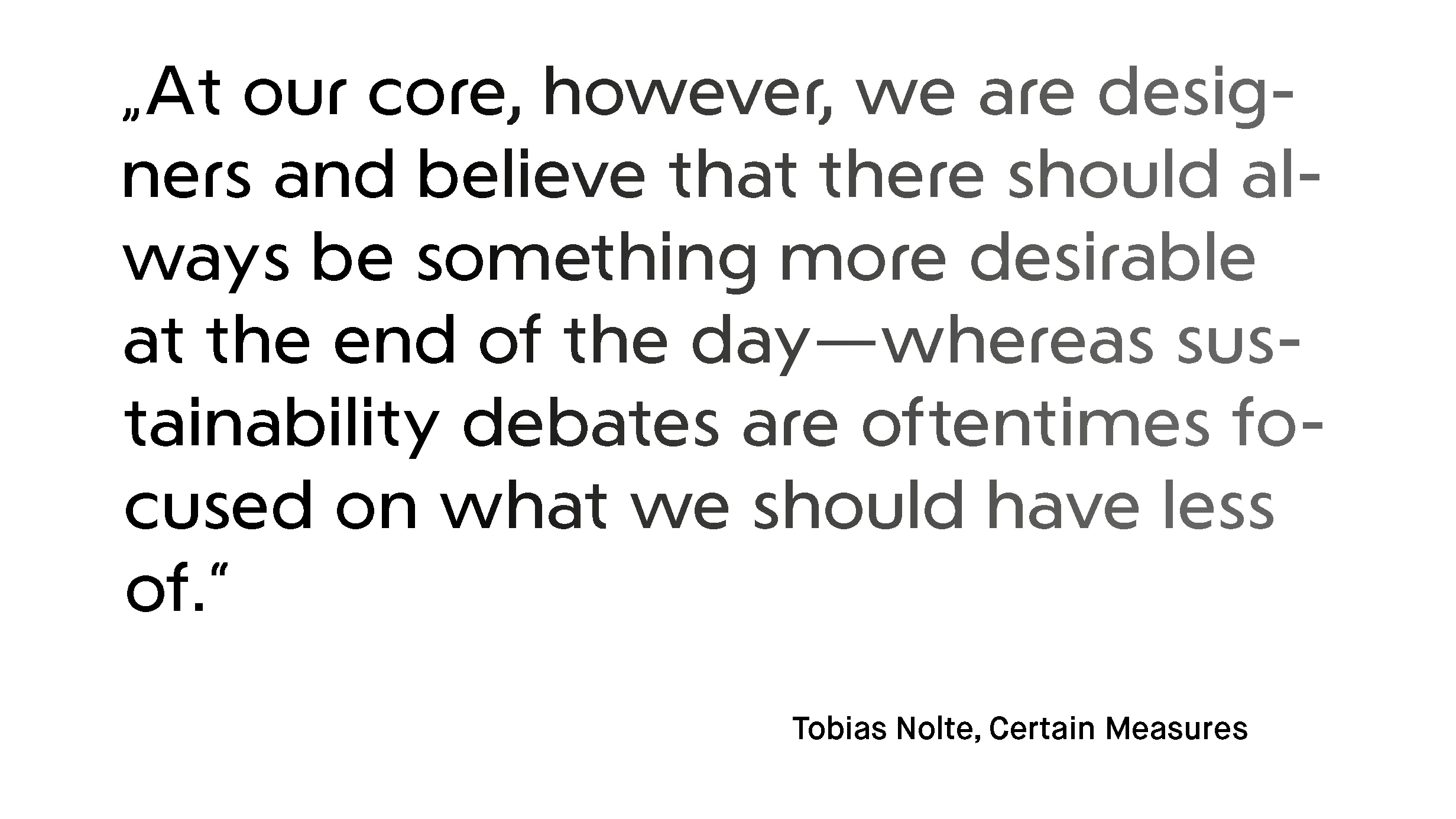



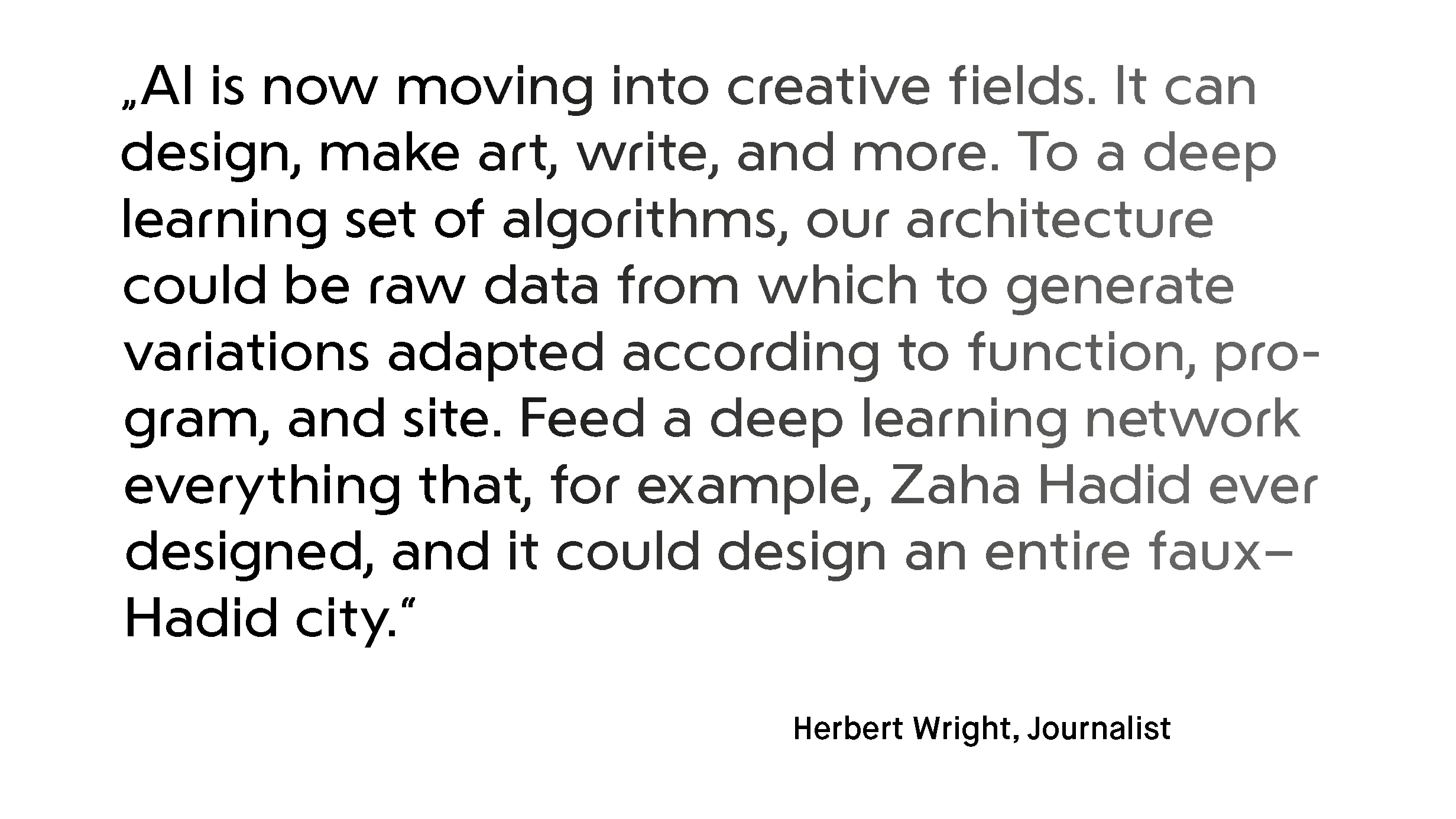

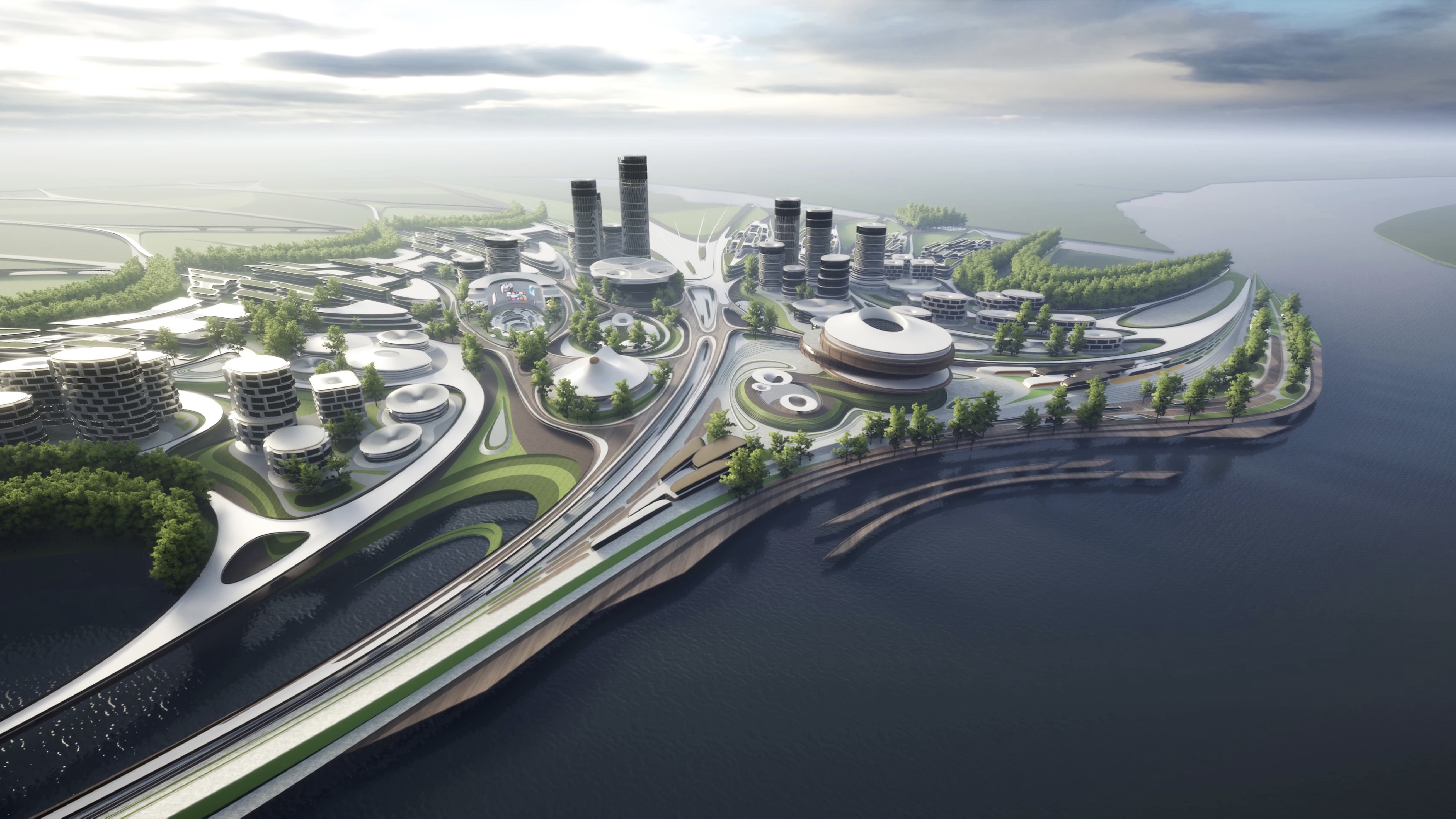
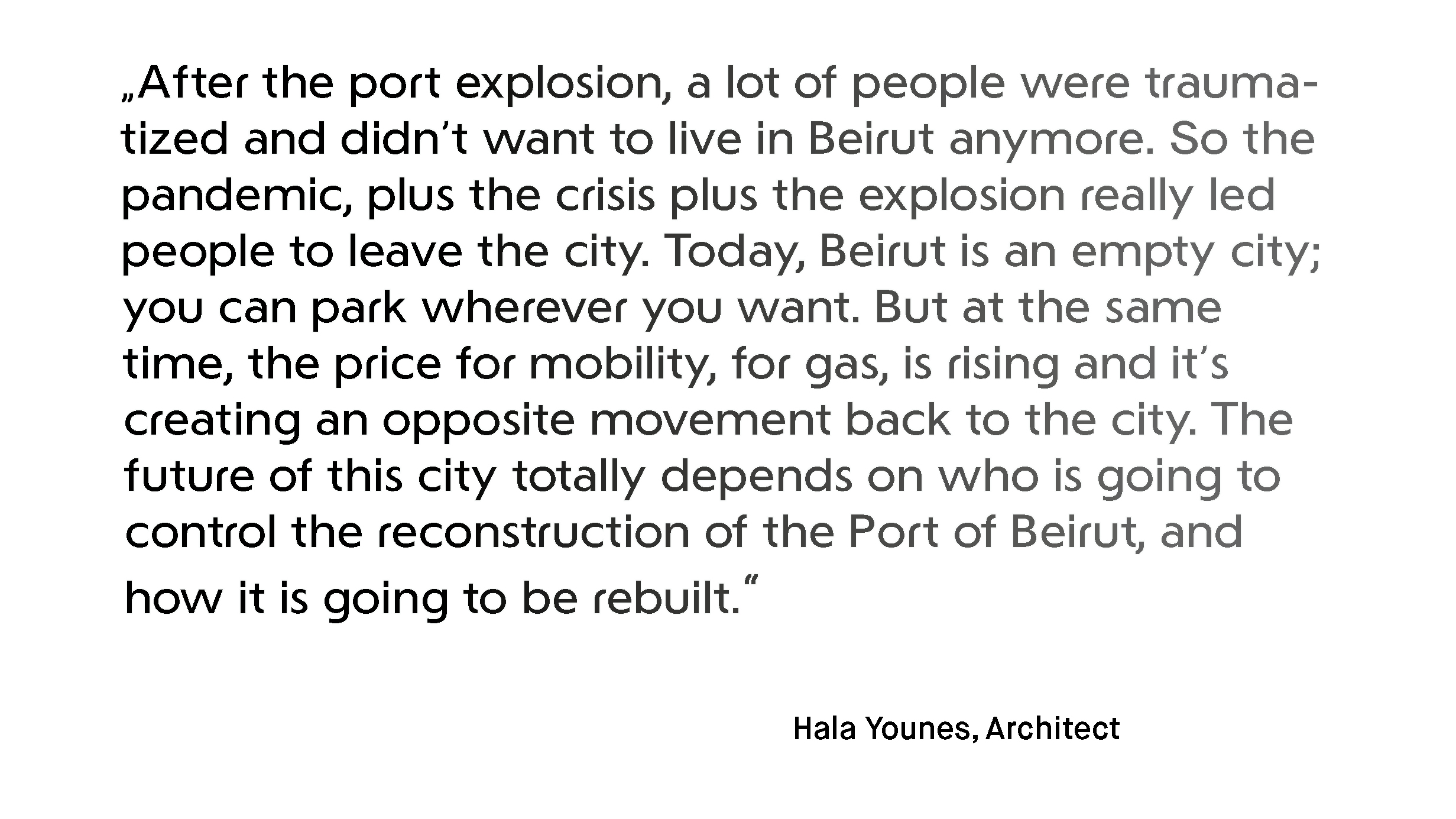



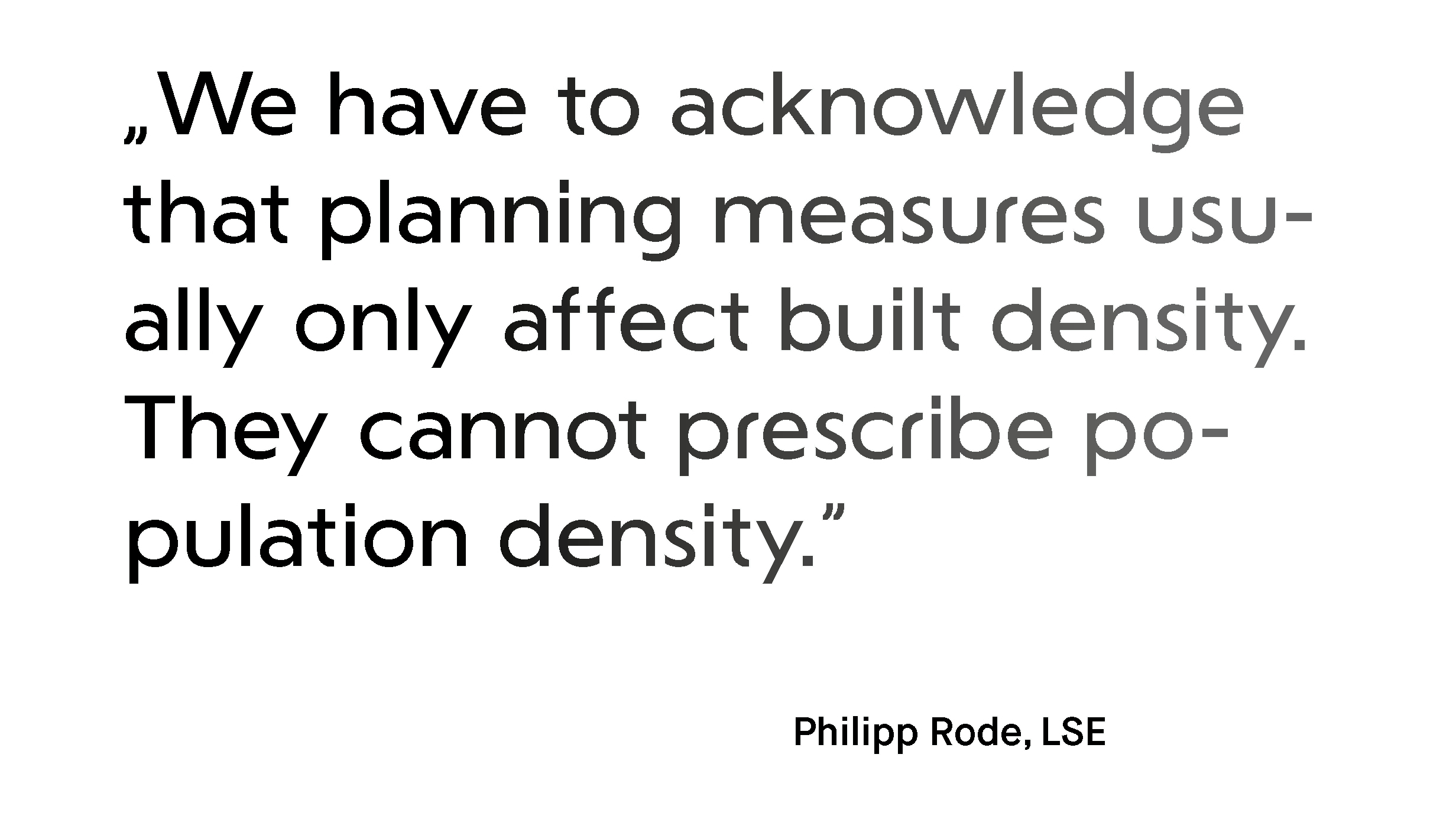
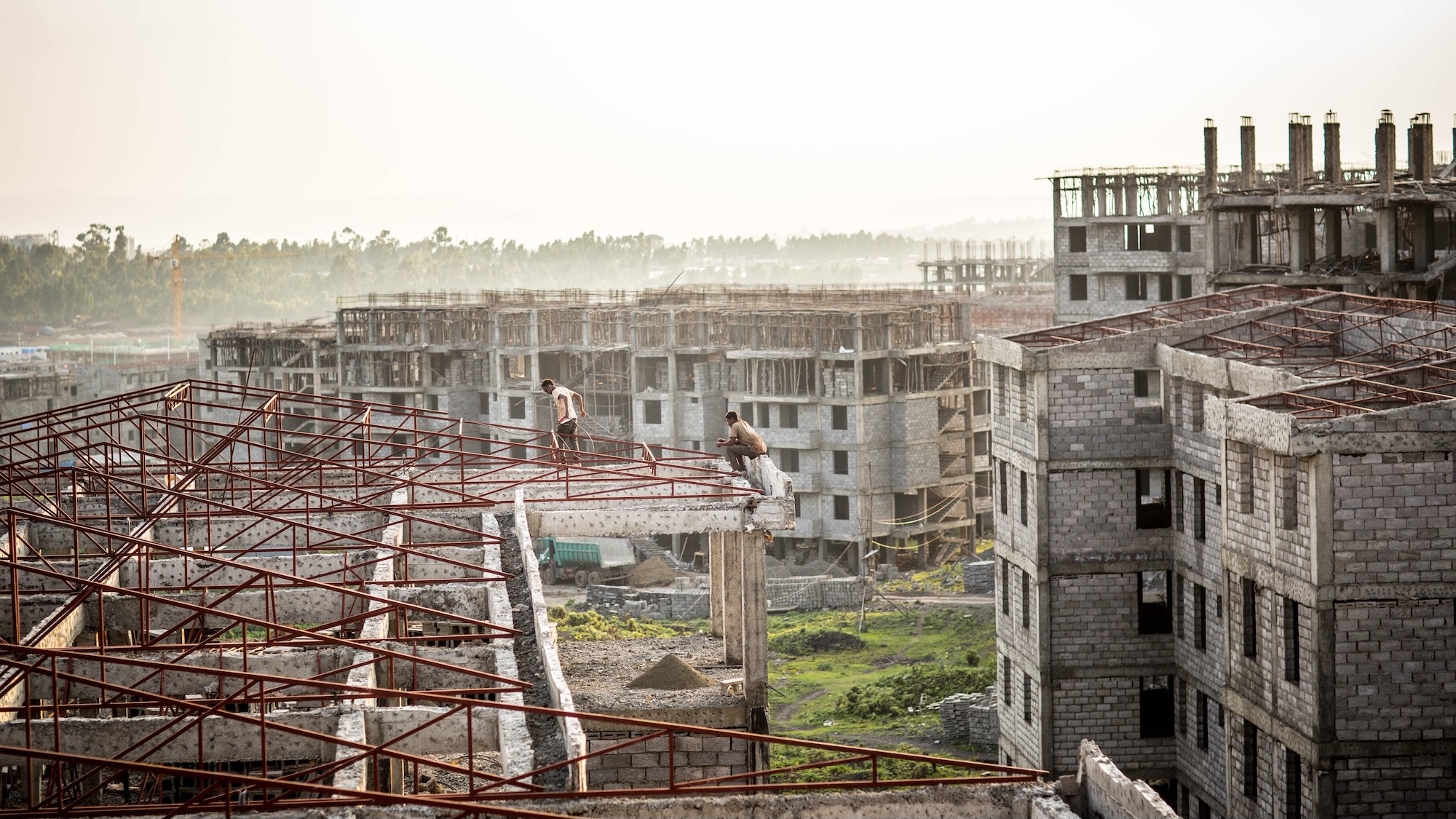


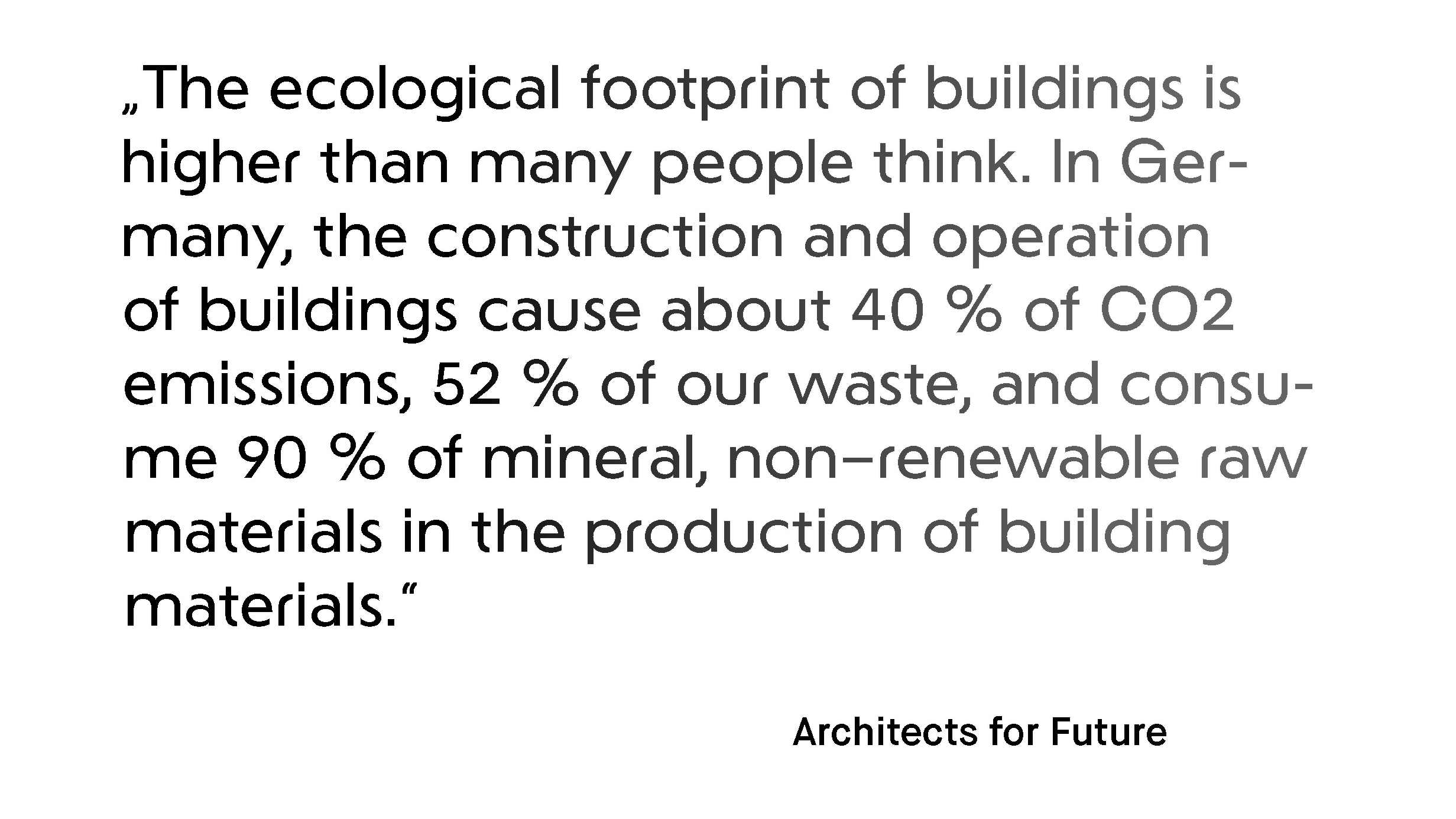
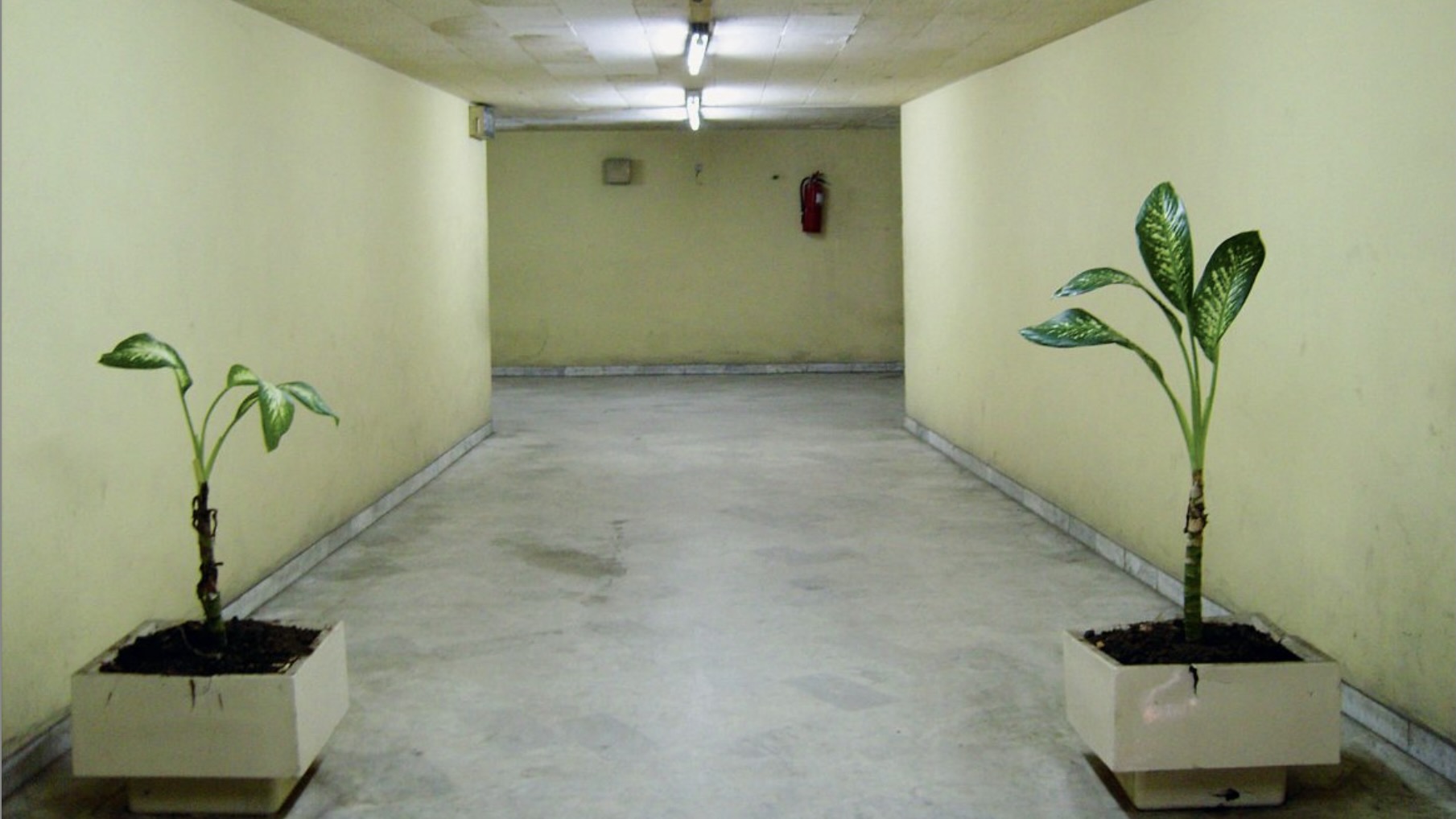

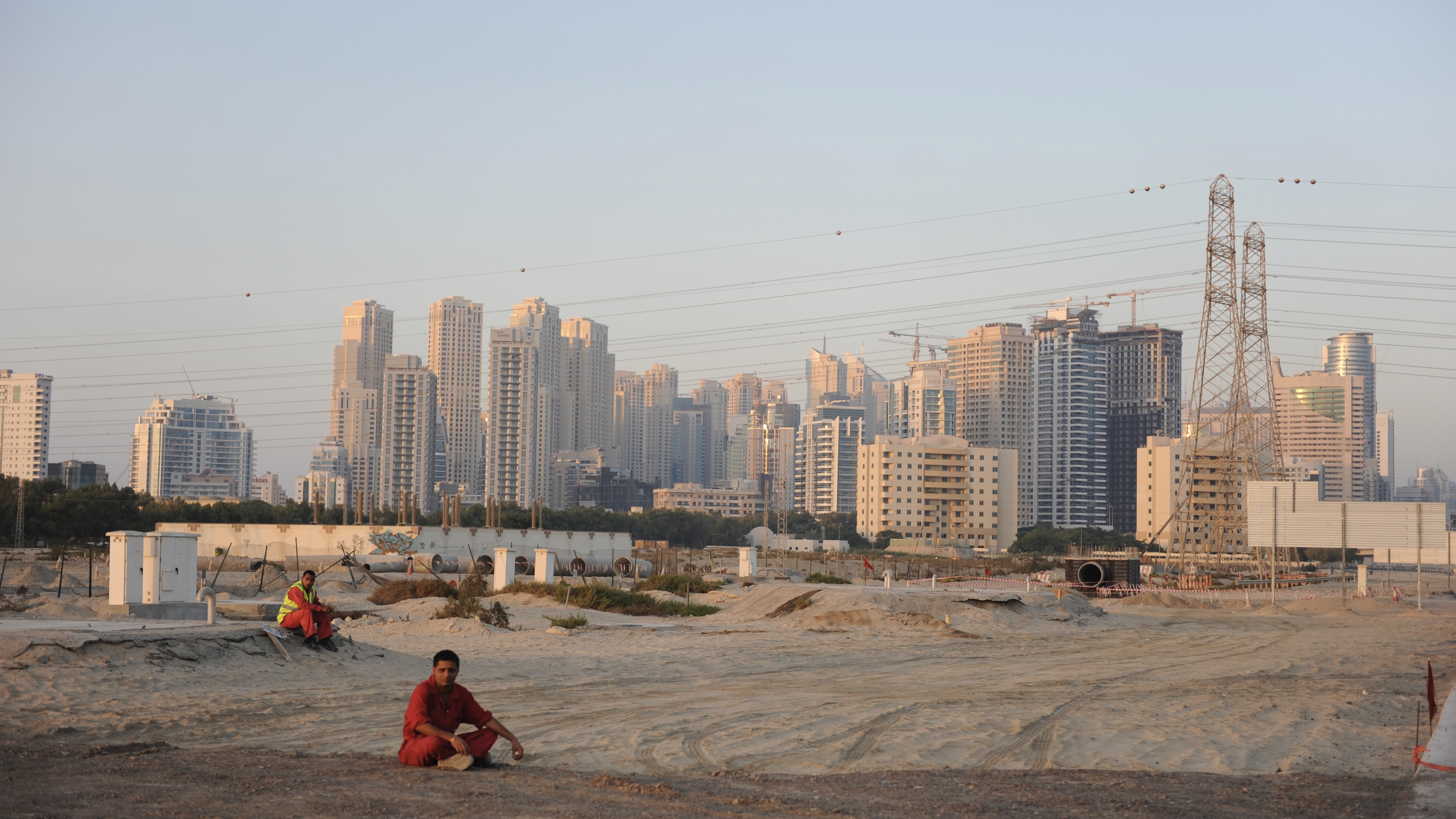
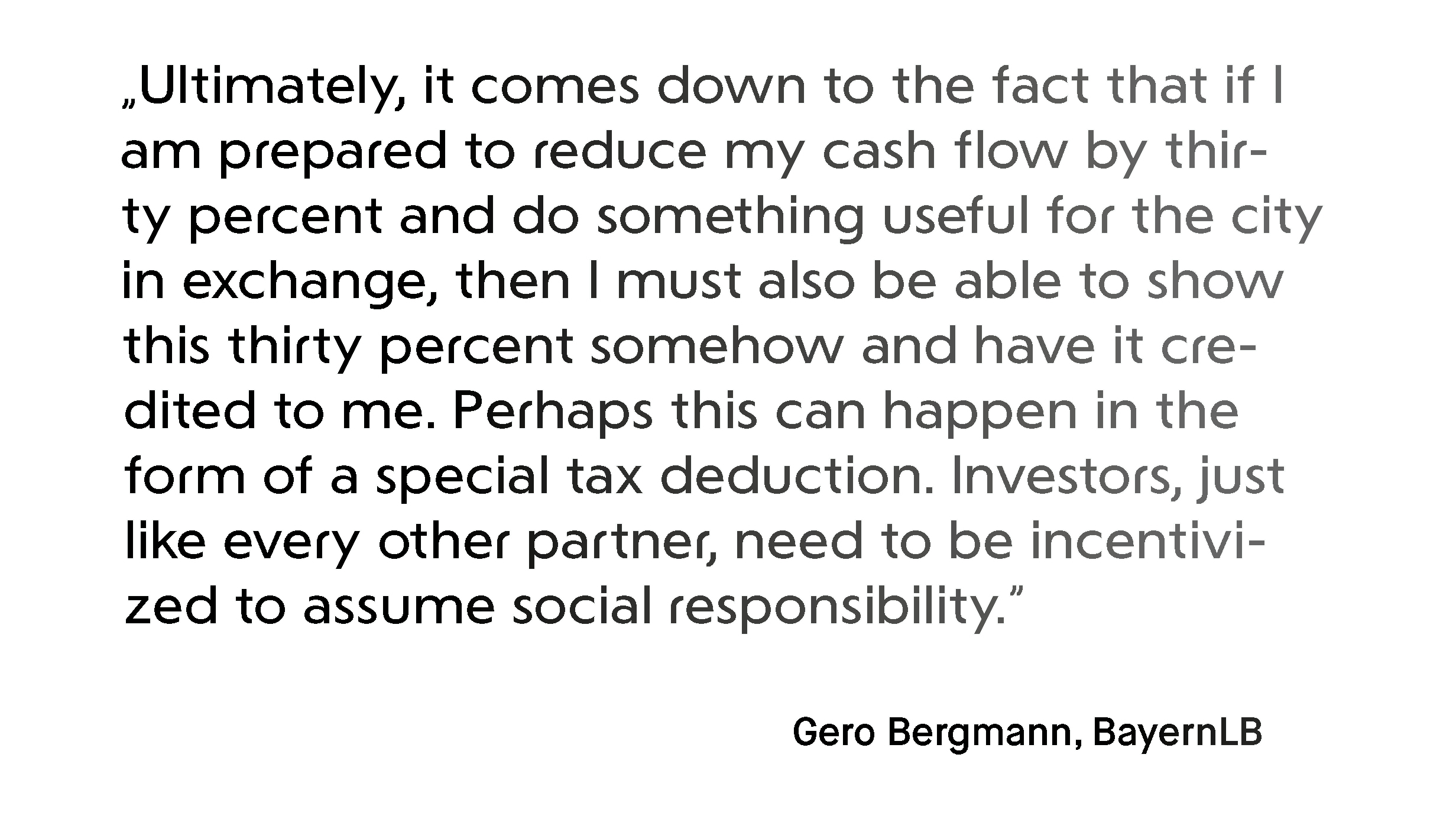

Contributors
Gero Bergmann

Gero Bergmann is a member of the Board of Management of BayernLB, where he is responsible for the division Real Estate & Savings Banks/Financial Institutions, including the municipal and development bank BayernLabo. Previously, the banker and lawyer was a board member of Berlin Hyp, where he was responsible for real estate investments, portfolio management, and treasury.
Christoph Ingenhoven
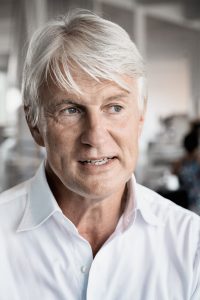
Already in 1985, at the age of 25, Christoph Ingenhoven founded his office, which has since been awarded numerous prizes and is an international leader in sustainable architecture. Together with his team, Ingenhoven develops and realizes projects of all sizes and typologies in many regions of the world in accordance with the highest green building standards such as LEED, BREEAM, DGNB and CASBEE. Headquartered in Düsseldorf, ingenhoven associates also has offices in St. Moritz, Sydney, and Singapore. Christoph Ingenhoven is a founding member of the German Sustainable Building Council and the Federal Foundation for Building Culture (Bundesstiftung Baukultur).
Eva Herr
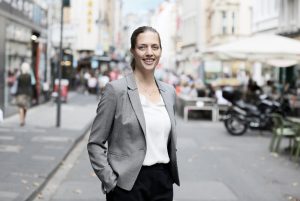
Since September 2019, Eva Herr has been head of the city planning division in Cologne. Born in Hamburg, she worked as an urban planner in Essex and London, among other places, before returning to Germany to work in public administration. From 2013 to 2016, she managed the office of Cologne’s then Chief Planner, Franz-Josef Höing. With her office, she is now responsible for the development of several major inner-city conversion sites, public space projects, and new urban expansions.
Charlie Koolhaas

Charlie Koolhaas is an artist, writer, and photographer. She grew up in London and currently lives in Rotterdam. Her work explores identities and their transformation in an increasingly interconnected world. Her recent book, CITY LUST (2020), documents the effects of globalization on everyday life over two decades in London, Guangzhou, Lagos, Dubai, and Houston – cities where Koolhaas has lived and worked.
Chris Luebkeman
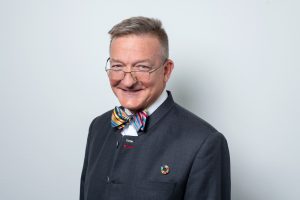
Chris Luebkeman is deeply passionate about curating constructive dialogue, insatiably curious, relishes the opportunity to discover the opportunities which will be created by change and, perhaps most importantly, to evolve positive solutions to the profound challenges we face today. Among other things he is an Educator, Engineer, Architect, Author, Photographer, Blogger and Commentator. For twenty years he travelled the globe sharing his observations and insights by leading projects focused on the future for Arup, Arup’s clients and for many of the world’s leading institutions. He has returned to his Alma Matter, theETH Zurich, to establish a Strategic Foresight Team within the Office of the President.
Elisabeth Merk
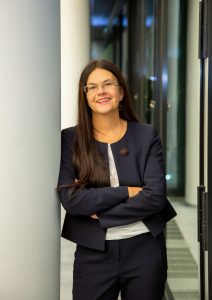
Prof. Dr. (Univ. Florenz) Elisabeth Merk, architect, has served as the City of Munich’s Planning Director since 2007. She headed the urban development and urban planning division in Halle/Saale from 2000 to 2005. She teaches as a regulary professor at the Hochschule für Technik Stuttgart and at the Technical University of Munich. Elisabeth Merk has been President of the German Academy for Urban and Regional Spatial Planning (DASL) since 2015.
Alexander Möll

Alexander Möll is Senior Managing Director and Co-Head of Hines Germany, responsible for project development, acquisition, and asset management in Germany. He is a graduate of Freie Universität Berlin and received his master in International Business Administration from Thunderbird School of Global Management. Alexander Möll joined Hines in 1995 and lives in Berlin.
Tobias Nolte
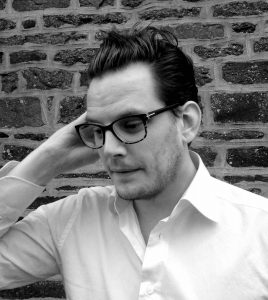
Certain Measures, founded by Tobias Nolte and Andrew Witt, is a research-based design studio. Using machine vision and Big Data, they are transforming leftovers into new creations. An architect by training, Tobias was a research fellow at Harvard Graduate School of Design and a director at the offices of Gehry Technologies in Paris and New York. Their installation “Mine the Scrap” has become part of the permanent collection of the Centre Pompidou. He has been a professor at Leibniz University in Hannover since September 2019.
Philipp Rode
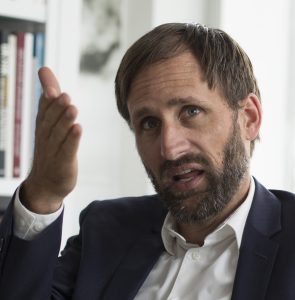
Philipp Rode is Executive Director of LSE Cities and Co-Director of the Executive MSc in Cities at the London School of Economics and Political Science. He also serves as the Executive Director of the Urban Age Programme, leads its global research efforts, and co-chairs the Addis Abeba Urban Age Task Force. The focus of Rode’s current work is on institutional structures, integrated planning, and emergency governance in cities, and on sustainable urban development, transport transitions and new urban mobility.
Herbert Wright
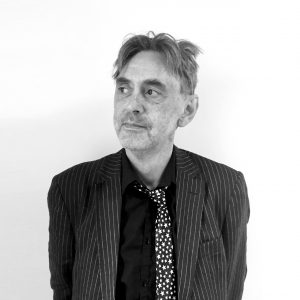
London-based Herbert Wright is a architectural, urbanist, design and art writer, published extensively in European and Pacific publications. He is senior contributing editor of C3 and architecture correspondent at South China Morning Post. He is the author of several books. He was short-listed as head curator for Oslo Architecture Triennial 2016 and Tallinn Architecture Biennale 2021.
Hala Younes
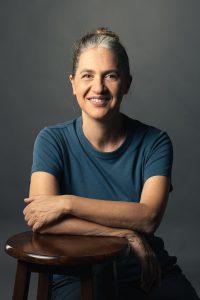
Hala Younes is an architect and geographer from Beirut, Lebanon. In her professional practice as well as in her teaching, she takes a close look at the complexity of territories and their histories. In 2018 she initiated the first Lebanese National Pavilion at the Venice Architecture Biennale titled “The Place that Remains”, which critically engaged with the commodification of land in Lebanon. Hala Younes received the MEA Architect Award for the residential project of the year 2018 and is shortlisted for the Tamayouz Women in Architecture and Construction Award 2019.
Liam Young

Liam Young is an architect, director and BAFTA nominated producer who operates in the spaces between design, fiction, and futures. Described by the BBC as ‘the man designing our futures’, his visionary films and speculative world designs for the entertainment industry are both extraordinary images of tomorrow and urgent examinations of the environmental questions facing us today.
Nadin Heinich

Nadin Heinich is a curator, author, entrepreneur, and founder of plan A, a communications office focusing on the future of architecture and the city. She studied architecture at the Technical University and the University of the Arts in Berlin and at the Royal Danish Academy of Arts in Copenhagen. The initiative Germany – Land of Ideas named her one of the 100 Women of Tomorrow. She writes regularly for the trade and daily press. In 2016 she founded the conference Architecture Matters.
Cornelia Hellstern
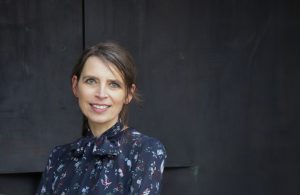
Cornelia Hellstern studied Interior Architecture and Spatial Design in Trier and Helsinki. She then worked as an editor and project manager in the book editorial department of DETAIL Verlag. In 2016, she founded her office for the mediation of architecture and building culture, thematically focusing on the revitalisation of the built environment and the transformation of urban and rural space. She is a lecturer for design and drafting at the HS Karlsruhe and conducts research in the field of the history of building technology.
Anna Scheuermann
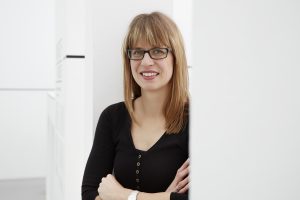
Anna Scheuermann is an architect and architectural communicator, working for bb22 Architects and Urban Planners, the Deutsche Architekturmuseum (DAM), Architects for Future and Making Frankfurt, among others. She was co-curator of two German contributions at architecture biennials: 2007 in Sao Paulo and 2016 in Venice. In 2019, she co-founded Architects for Future Frankfurt Rhein-Main and was a member of the Future Club for the Offenbach inner city concept. At Fast Forward, Anna Scheuermann is part of the Editorial Board.
Mathieu Wellner
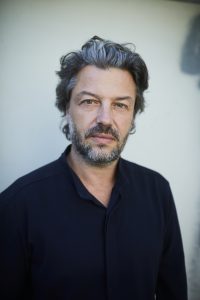
Mathieu Wellner is an architect and mediator. He is devoted to the topics of architecture, urban development and “Baukultur” – practically, academically, and politically, in order to develop common solutions on as many levels as possible. As such he has worked on numerous projects, planning processes, exhibitions, and publications. He also teaches and conducts research on architectural theory, urban planning, and mediation at various universities, such as TU Graz, University of Innsbruck, Technion Haifa, TH Nuremberg or ETH Zurich. Since 2020 he supports the “Cluster Sustainable Real Estate” at the TU Munich.
www.mathieuwellner.com
www.arc.ed.tum.de/csre/ueber-das-csre/
www.reduce-reuse-recycle.info






FAST FORWARD
FAST FORWARD is the first magazine to bring together diverse voices from architecture, real estate, and politics to address big questions about the future of the city. Inspired by our conference Architecture Matters, we seek to discover what connects us beyond the obvious differences, and to engage with people who are leaving their mark on the world. Curious, free of ideology, and unafraid of differing opinions, we enter into a lively dialogue with a wide variety of actors and personalities – from start-up entrepreneurs, developers, and urban planners to war photographers.
Edited by Nadin Heinich
Founding partner: GIRA
Look inside!
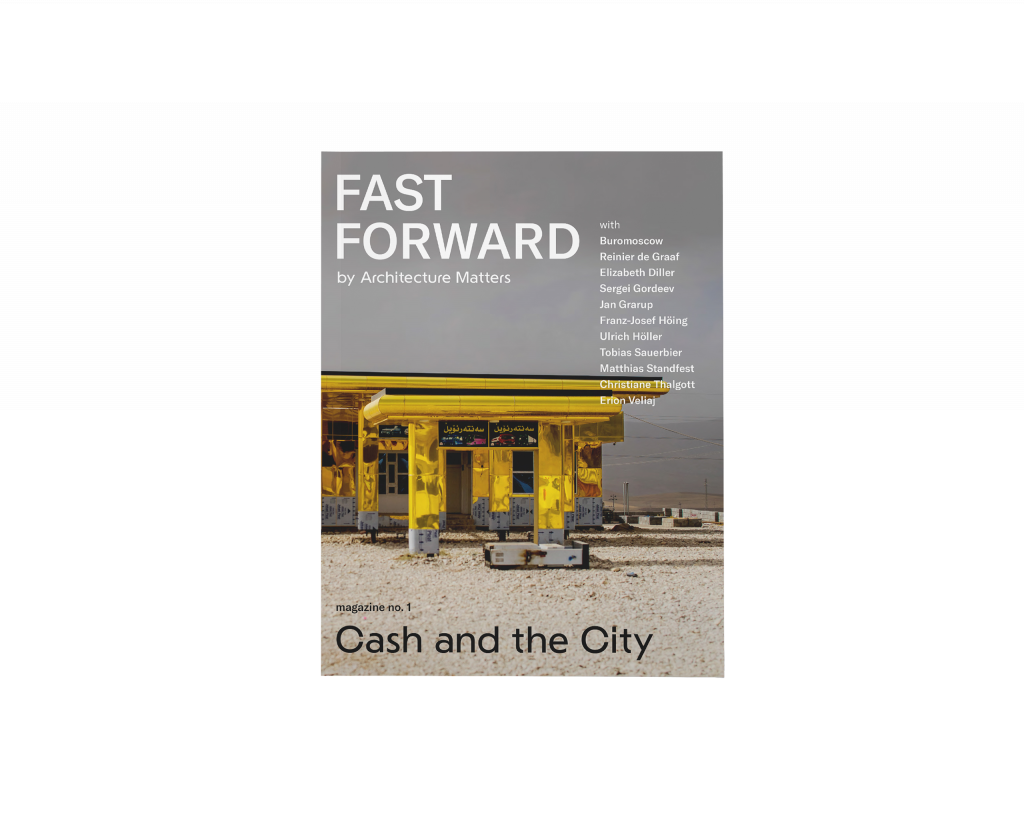

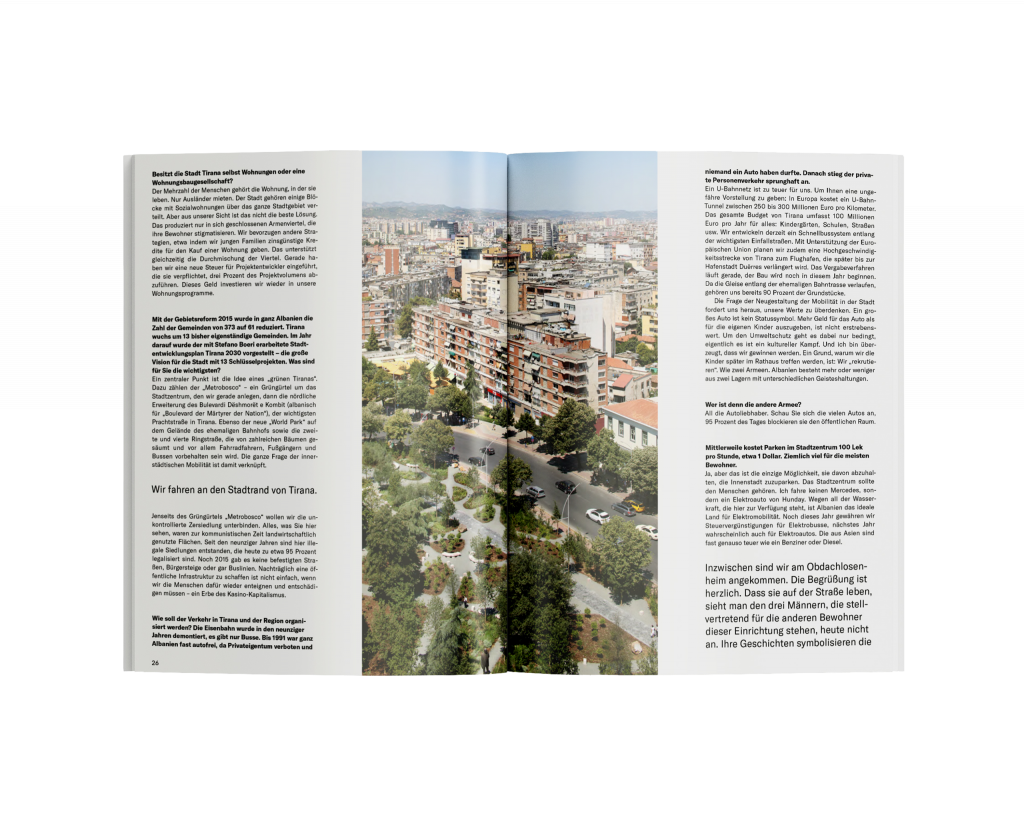
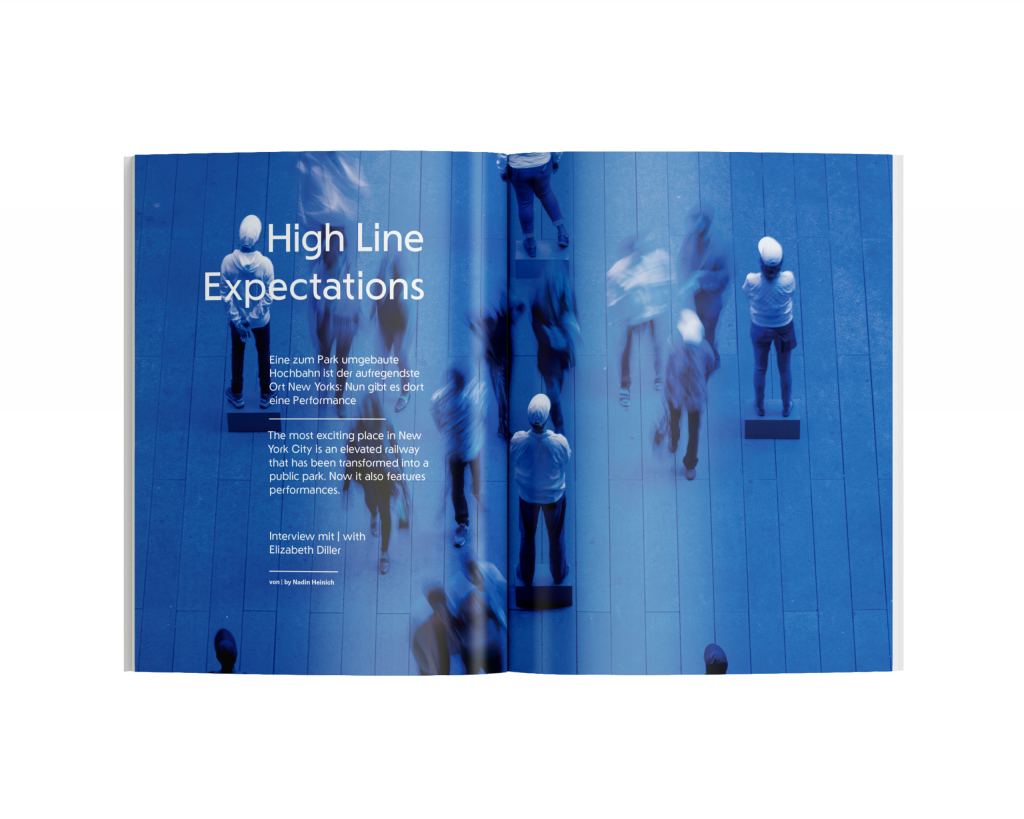

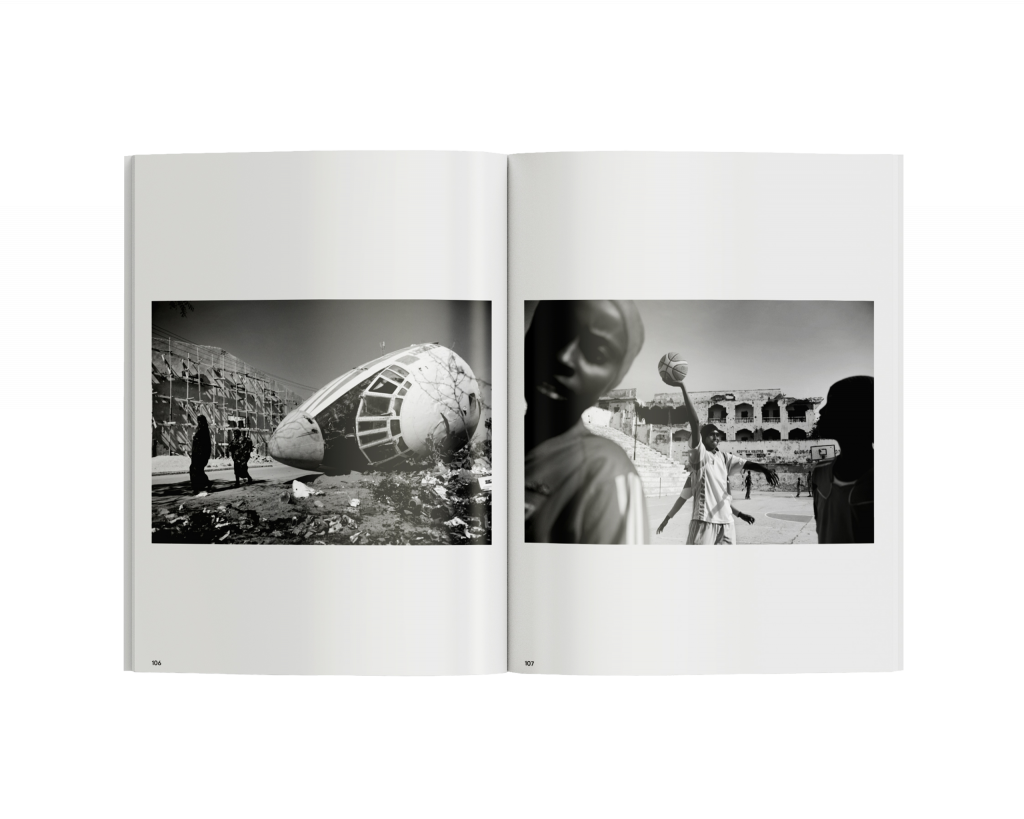
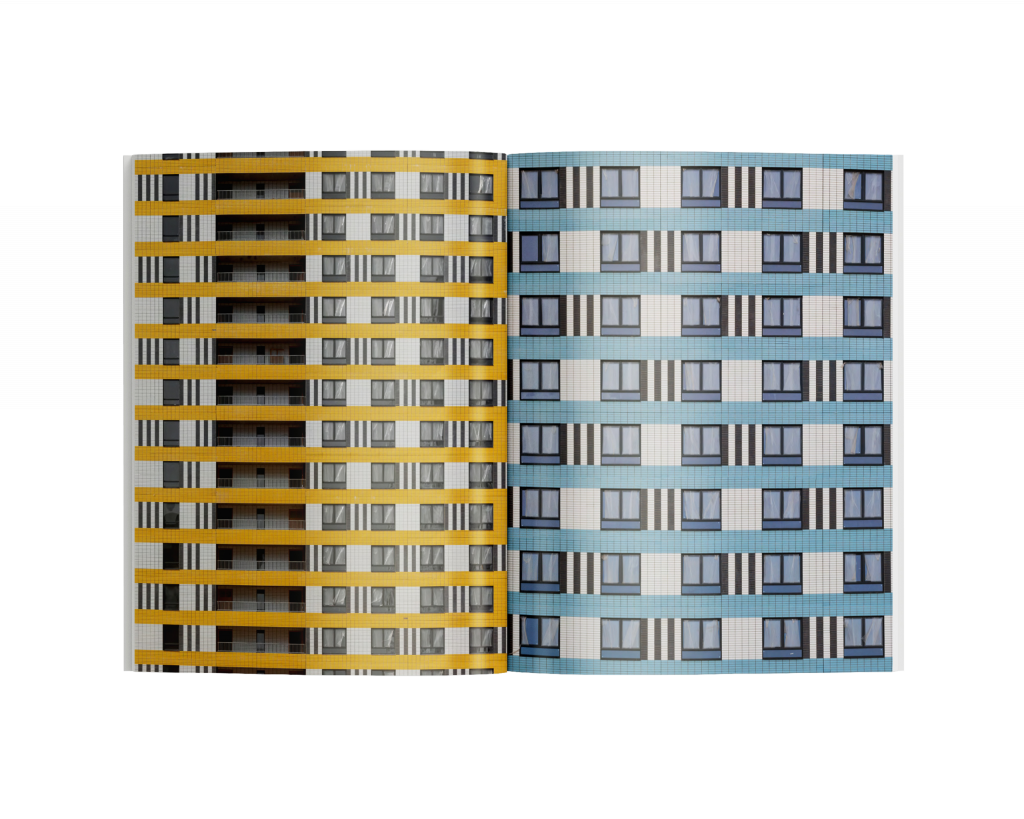
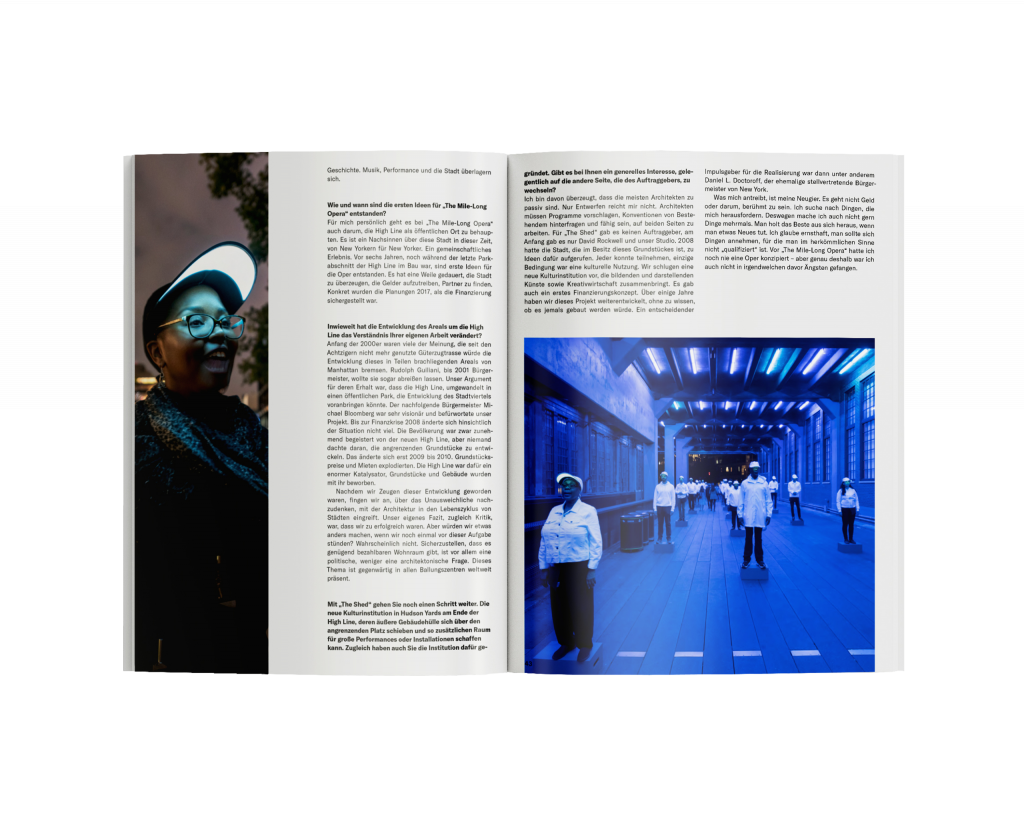

Founding Partner GIRA
From the very beginning, people have been at the centre of activities for the building technology specialist Gira. Since its establishment in the summer of 1905, the company’s aim has been to make people’s lives and living more easy, convenient, and secure. A large number of engineers from different disciplines in product development and production ensure the high innovative quality of Gira solutions.
Dirk Giersiepen, managing partner: “Gira has been in the market for over 115 years – through all the years we have succeeded in helping to shape these changes. A great deal of vigilance and also humility in success are needed to ensure that we remain dynamic and aware of change. It’s important to constantly question yourself, to ask yourself the right questions.
Building services engineering is undergoing profound change as a sector. Gira is already one of the leading full-range suppliers of intelligent system solutions for electrical and networked digital building control. Beyond that we want to continue to provide new impulses and finding solutions that are both relevant and inspiring for architecture as well as the real estate industry.”
Supported by
